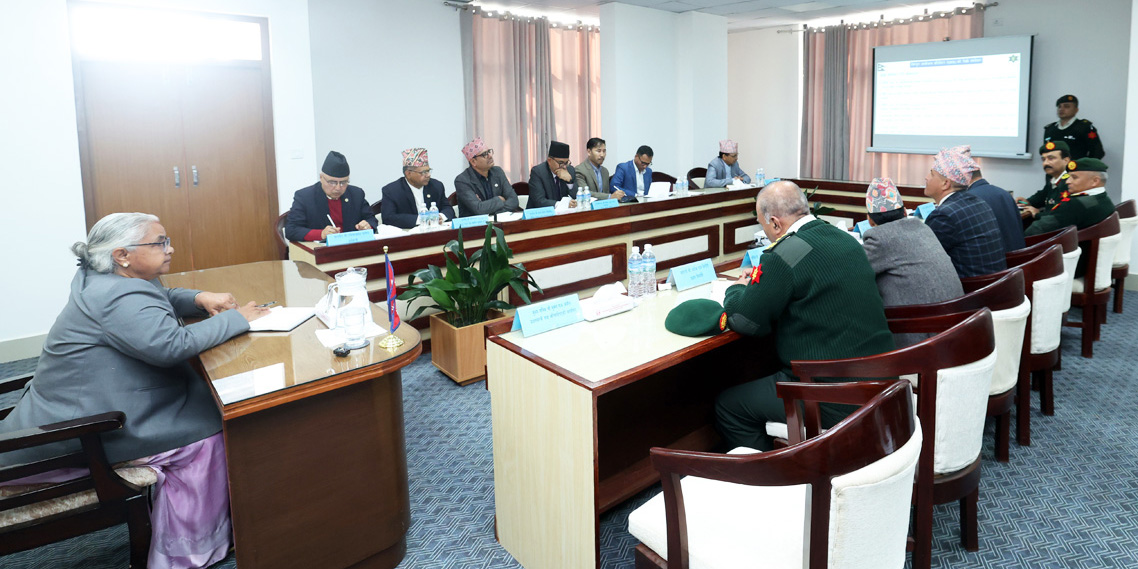
KATHMANDU: Nepal Rastra Bank (NRB) has raised the minimum paid-up requirement for payment service operators to Rs 400 million. Such a requirement was only Rs 100 million previously.
Similarly, the capital requirement for payment service providers has been revised to Rs 50 million for companies using instruments except for payment cards. Such requirements for providers using payment cards and other instruments have been set at Rs 250 million.
Nepali companies willing to do business outside Nepal should have a paid-up capital of Rs 800 million. The capital requirement for such a company was Rs 250 million previously.
Payment service operators and providers will have to meet the new capital requirement by the fiscal year 2028/29. The new capital requirement, however, is not applicable for commercial banks and companies incorporated abroad and engaged in payment-related activities in Nepal. Institutions incorporated abroad and doing payment-related work in 10 or more countries will get an exemption if they want to do business in Nepal. According to the Rastra Bank, such companies will be exempted from paid-up capital, manpower-related provisions, application fees and security deposits.
Similarly, the foreign direct investment will also be allowed in such companies. Organizations that have submitted an application for a license to perform payment-related activities or currently have a license can bring in investment from foreign firms, companies, or organizations with the approval of the central bank. The FID, however, shall not exceed 15% of the paid-up capital of the licensed institution,” the new policy said.
Institutions that have received permission to bring in FDI must issue shares to the general public within three years from the date of approval of such investment.
Payment service providers and operators will not be allowed to buy and sell promoter shares for five years from the date of obtaining a license from the central bank. Similarly, the policy also states that persons holding constitutional positions or persons elected in union, state and local level elections cannot sit on the board of directors of such companies.
According to the new policy, telecom companies can also do payment service business through their subsidiaries.

 Himal Press
Himal Press 

















